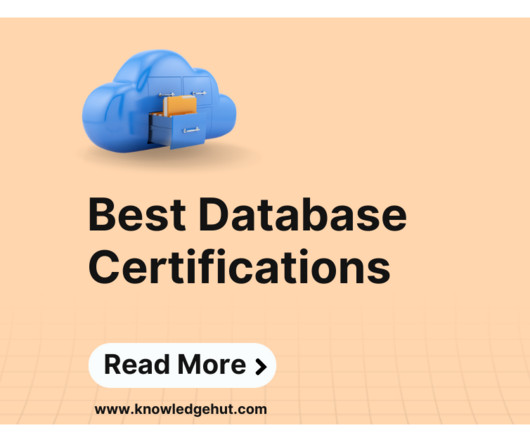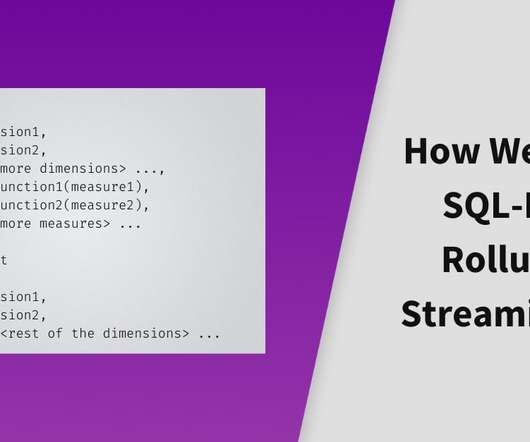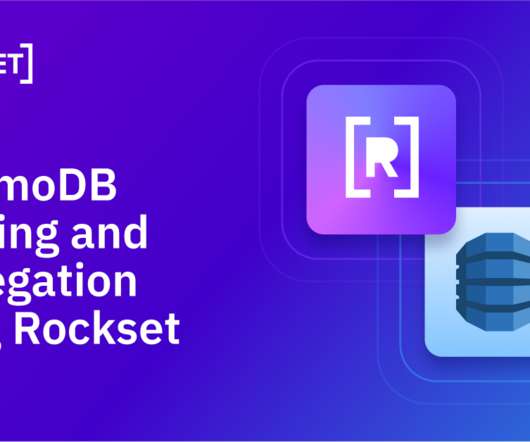Five Ways to Run Analytics on MongoDB – Their Pros and Cons
Rockset
FEBRUARY 2, 2022
MongoDB is a top database choice for application development. Developers choose this database because of its flexible data model and its inherent scalability as a NoSQL database. MongoDB wasn’t originally developed with an eye on high performance for analytics. Yet, analytics is now a vital part of modern data applications.













Let's personalize your content